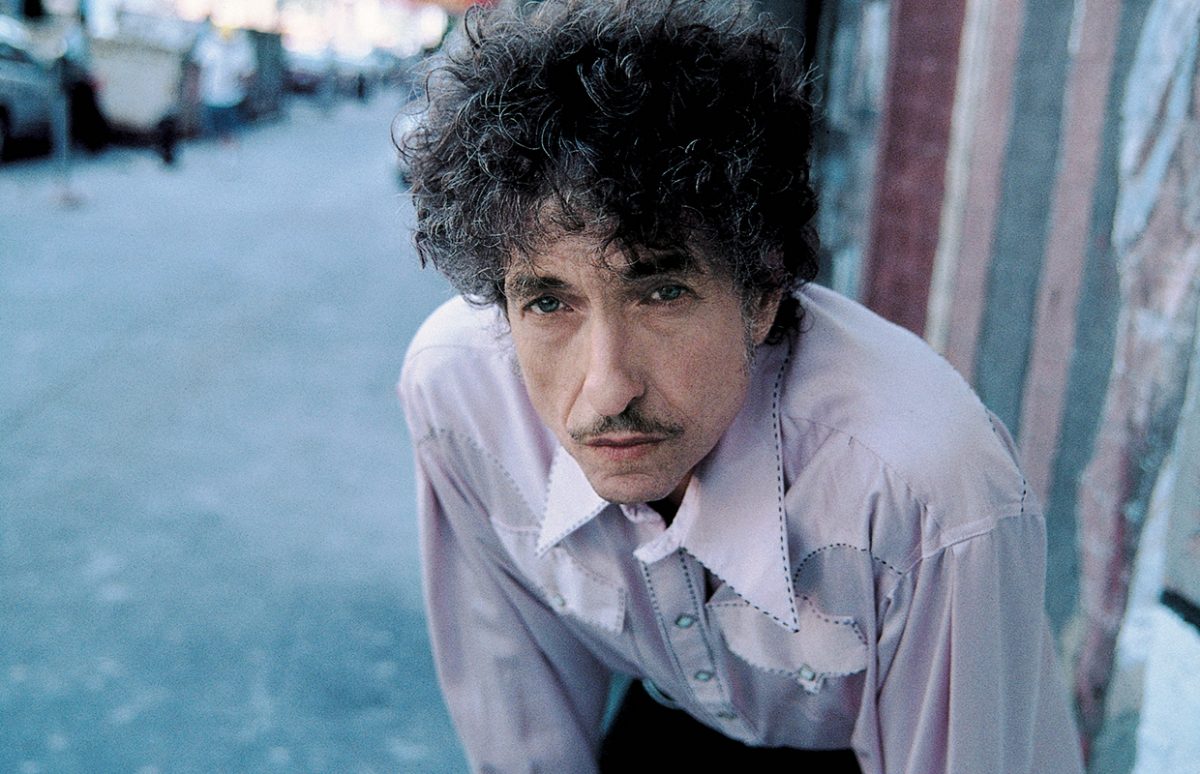For the first time ever, the Nobel Prize for Literature has been awarded not to a novelist, playwright or poet, but to a songwriter: Bob Dylan.
The 2016 Nobel was awarded to the 75-year-old folk-rock legend, "for having created new poetic expressions within the great American song tradition".
The singer-songwriter was born in 1941 in Minnesota. His birth name was Robert Zimmerman. He adopted Dylan as a stage surname in homage to the Welsh poet Dylan Thomas. The Beat Poets – Jack Kerouac, William Burroughs, Allen Ginsberg and more – were also an early influence, as was Woody Guthrie, the folk singer-singer songwriter whose protest songs inspired Dylan's own.
Dylan's most influential work was in the 1960s, when he accompanied the revival of folk music and shaped his own version, adding electric guitar and re-inventing the protest song, which in the 1930s was associated with socialism and the union movement. (Guthrie wrote heart-rending songs about the Great Depression). Dylan's protest songs were about civil rights, and pacifism, opposing the Vietnam War.
When Rolling Stone Magazine asked readers to name the top protest songs of all time in 2014, Dylan songs made up four of the top ten, including the Number 1 place for "Masters of War".
Songs of Protest
Some of the songs were intimately connected to the civil-rights movement. "Oxford Town", "Hurricane" and "The Lonesome Death of Hattie Carroll" are all explicitly about racist incidents (the riots that followed the desegregation of the University of Mississippi, the false imprisonment of a black boxer and the murder of a black woman in Maryland by a rich white farmer). And "With God on Our Side" is specifically about the Vietnam War:
In the nineteen-sixties came the Vietnam War
Can somebody tell me what we're fightin' for?
So many young men died
So many mothers cried.
But some of his most famous songs are more ambiguous, and perhaps that is the root of their popularity: they can be adapted to different causes, different places, different times, and have been adopted by successive generations.
"The Times They Are A-Changin'" is a rallying call to everyone from writers and critics to politicians and parents to see that things in the future will be different:
The order is rapidly fadin’
And the first one now will later be last
For the times they are a-changin’
"Blowin' in the Wind" is associated with the civil-rights movement in part because Dylan first played it at a voter-registration rally for African-Americans in Mississippi in 1963. And it certainly has lines like, "How many years can some people exist / Before they’re allowed to be free?" But equally, lines like, "How many times must the cannonballs fly / Before they’re forever banned?" meant it fit just as well into the anti-Vietnam protests Dylan headlined with Joan Baez later in the Sixties.
Around the World
Since the Sixties, Dylan has explored many different music styles as well as painting and scriptwriting. He has remained true to the folk tradition in the importance he places on live performance. Since the late 1980s, he has been constantly giving concerts in what he calls "The Never-ending Tour". He is still writing music and releasing albums. His latest, Fallen Angels, returns to the folk-singer's roots of collecting songs, just like Woody Guthrie, as Dylan gives his rendition of 12 American classics.
Copyright(s) :
Columbia Records
Tag(s) : "Bob Dylan" "civil rights" "folk music" "Give Me Five 3e" "literature" "Nobel prize" "poetry" "protest songs"





